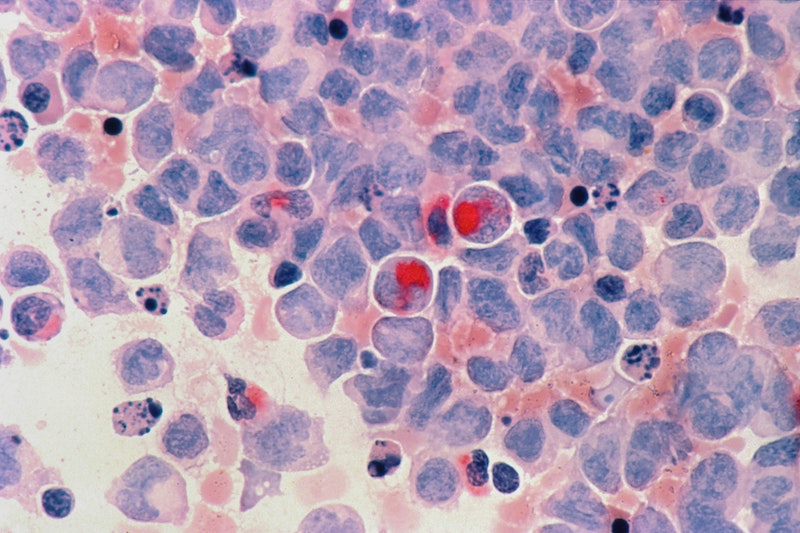Since November is Prostate Awareness month I thought it would be a good time to share some info.
Firstly, we need to understand what the prostate is. The prostate is a walnut sized gland that lies between the bladder and the penis. The urethra runs through the prostate, from the bladder to the penis, letting urine flow out of the body. The prostate secretes fluid that nourishes and protects sperm. During ejaculation, the prostate squeezes this fluid into the urethra, and it’s expelled with sperm as semen.
There are three conditions that commonly affect the prostate:
- Prostatitis: Inflammation of the prostate, sometimes caused by infection. This is typically treated with antibiotics
- Enlarged prostate: Called benign prostatic hypertrophy or BPH. Prostate growth affects virtually all men over the age of 50. This could cause difficulty in urination or erectile dysfunction. Medicines or surgery can treat BPH.
- Prostate cancer: It’s the most common form of cancer in men (besides skin cancer), but only one in 41 men die from prostate cancer. Surgery, radiation, hormone therapy, and chemotherapy can be used to treat prostate cancer.
What is Prostate Cancer?
The most common type of prostate cancer is the one that is called adenocarcinoma. Nearly all prostate cancers originate in the gland cells of the prostate. Cancer starts when cells in a particular area of the body start to grow out of control. These cancer cells don’t die, like normal cells do, but continue to grow and form new, abnormal cells.
Risks factors
Age
Age is one of the most contributing factors to prostate cancer. Very few men below the age of 40 will develop prostate cancer whereas up to 70% of men above the age of 80y might have prostate cancer.
Ethnicity
Prostate cancer is more common in black than in white patients, this is likely due to genetic factors. We also see that prostate cancer can occur at an earlier age in black men.
Genetic Factors
Men who have a first-degree relative (a father or brother) with prostate cancer are more likely to develop the disease. Men with female relatives with breast cancer related to the breast cancer gene (BRCA) may also be more likely to develop prostate cancer
Diet
A diet high in animal fat or low in vegetables may increase a man’s risk of developing prostate cancer.
Lifestyle
Cigarette smoking may have an effect on both the risk of developing prostate cancer and its prognosis once a diagnosis is established. Studies have found a small but significant association between obesity and prostate cancer incidence
Prostate cancer Screening
Men need to go for simple screening tests to detect Prostate Cancer
- Routine Prostate Specific Antigen (PSA) testing, annually, as from age 45 for all males who are at risk of prostate cancer. This includes men who have a first-degree relative (father, brother, or son) diagnosed with prostate cancer at an early age (younger than 65 years)
- Routine Prostate Specific Antigen (PSA) testing, annually, for all males from age 50
A rectal examination is sometimes recommended, along with measurement of the PSA, to screen for prostate cancer. However, studies have not shown that rectal examination is an effective screening test for prostate cancer. Screening results in early detection, enabling more effective treatment and a better chance of recovery
Symptoms of Prostate Cancer
How will you know that you might have prostate cancer? The short answer is that you might not know since prostate cancer often occurs without any symptoms. But if you experience any of the following symptoms you need to see you doctor:
- Frequent urination, esp at night
- Straining to pass urine
- Painful or burning sensation during urination or ejaculation
- Leaking urine
- Bloody urine/semen
Prostate cancer is generally a slow growing cancer. The prognosis for prostate cancer is good if diagnosed early and treated.

